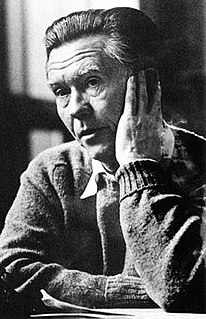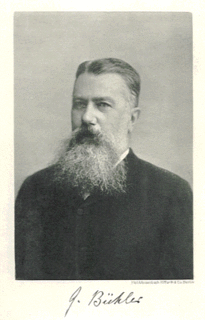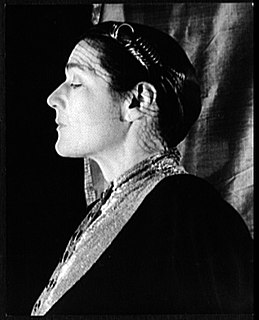A Quote by William Stafford
Writing itself is one of the great, free human activities. There is scope for individuality, and elation, and discovery. In writing, for the person who follows with trust and forgiveness what occurs to him, the world remains always ready and deep, an inexhaustible environment, with the combined vividness of an actuality and flexibility of a dream. Working back and forth between experience and thought, writers have more than space and time can offer. They have the whole unexplored realm of human vision.
Quote Topics
Activities
Actuality
Always
Back
Back And Forth
Between
Combined
Deep
Discovery
Dream
Elation
Environment
Experience
Flexibility
Follows
Forgiveness
Forth
Free
Great
Him
Human
Individuality
Itself
More
Occurs
Offer
Person
Ready
Realm
Remains
Scope
Space
Space And Time
Than
Thought
Time
Trust
Unexplored
Vision
Vividness
Whole
Working
World
Writers
Writing
Related Quotes
I have a hard time writing. Most writers have a hard time writing. I have a harder time than most because I'm lazier than most. [...] The other problem I have is fear of writing. The act of writing puts you in confrontation with yourself, which is why I think writers assiduously avoid writing. [...] Not writing is more of a psychological problem than a writing problem. All the time I'm not writing I feel like a criminal. [...] It's horrible to feel felonious every second of the day. Especially when it goes on for years. It's much more relaxing actually to work.
I love a lot of American writers, but I think that for the most part the scope of what's accepted as great American writing is very limited. What we have is good, but it's limited. There's not enough engagement with the world. Our literature's not adventurous enough. The influence of MFA writing tends to make things repetitive. The idea that writing can be taught has changed the whole conversation in the U.S.
The process of writing can be a powerful tool for self-discovery. Writing demands self-knowledge; it forces the writer to become a student of human nature, to pay attention to his experience, to understand the nature of experience itself. By delving into raw experience and distilling it into a work of art, the writer is engaging in the heart and soul of philosophy - making sense out of life.
You honor your writing space by recovering, if you are an addict. You honor your writing space by becoming an anxiety expert, a real pro at mindfulness and personal calming. You honor your writing space by affirming that you matter, that your writing life matters, and that your current writing project matters. You honor your writing space by entering it with this mantra: “I am ready to work.” You enter, grow quiet, and vanish into your writing.
The camera has a mind of its own--its own point of view. Then the human bearer of time stumbles into the camera's gaze--the camera's domain of pristine space hitherto untraversed is now contaminated by human temporality. Intrusion occurs, but the camera remains transfixed by its object. It doesn't care. The camera has no human fears.
The daily act of writing remains as demanding and maddening as it was before, and the pleasure you get from writing - rare but profound - remains at the true heart of the enterprise. On their best days, writers all over the world are winning Pulitzers, all alone in their studios, with no one watching.
Meaning can only be understood in relation to its environment. Therefore, the words only make full sense in context... There are no absolutes, there is no meaning without relationships, everything is not only interacting but interdependent. The kahunas use this idea to help give a person a powerfully secure sense of significance, while at the same time teaching him that to heal himself is to heal the world, and to heal the world is to heal himself. This is not a loss of individuality, but an understanding that individuality itself is a relationship with the environment.
There are some great writers who are great talkers, but there are more great writers who are not great talkers. People seem to think there is some connection between talking and writing, but I love to talk and if there were some connection between the two of them I would be the most prolific writer in the history of the world.






































